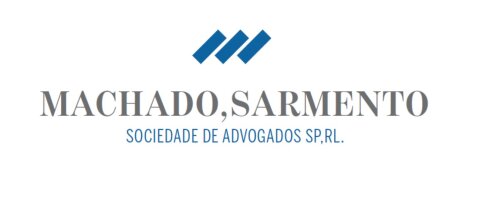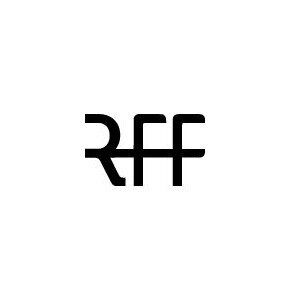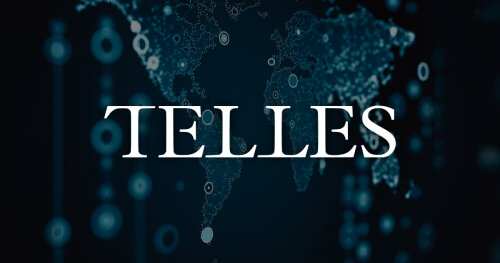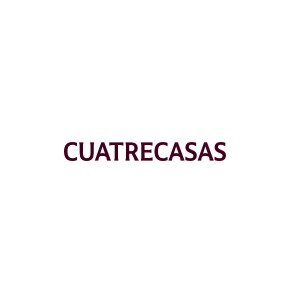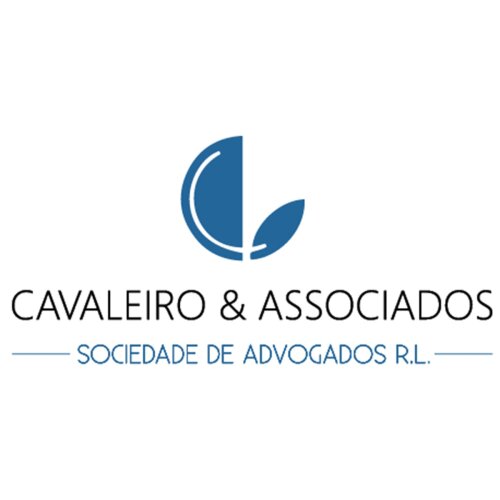Best Mining Law Lawyers in Portugal
Share your needs with us, get contacted by law firms.
Free. Takes 2 min.
Or refine your search by selecting a city:
List of the best lawyers in Portugal
About Mining Law in Portugal
Mining Law in Portugal is a specialized area of legal practice dealing with the exploration, extraction, processing, and commercialization of mineral resources. This legal field encompasses both regulatory frameworks governed by national law and EU directives. Portugal’s rich geological landscape includes essential resources such as lithium, tungsten, copper, gold, and a variety of industrial minerals. Mining operations are subject to stringent regulations relating to licensing, environmental protection, land use, and local community rights. The legal environment aims to balance economic interests with environmental sustainability and public interest.
Why You May Need a Lawyer
There are many situations where legal assistance is crucial in the mining sector. These include:
- Navigating the complex licensing and permitting processes required for exploration and extraction activities.
- Negotiating mineral rights agreements or joint ventures with landowners or governmental bodies.
- Ensuring compliance with environmental regulations and implementing sustainable mining practices.
- Handling disputes involving property boundaries, community opposition, or breaches of contract.
- Managing changes in regulatory or tax regimes that impact mining operations.
- Assisting with mergers, acquisitions, or divestments of mining interests.
- Responding to government enforcement actions, penalties, or sanctions related to breaches of mining law.
Legal advice ensures that all operations proceed smoothly, legally, and with minimal risks.
Local Laws Overview
Mining activities in Portugal are mainly governed by the Mining Law (Decree Law No. 30/2021) and its subsequent regulations. Key aspects include:
- Licensing and Concession System: All mining activities require either a license or a concession granted by the government. Applications must present technical, financial, and environmental documentation.
- Environmental Impact Assessment (EIA): Projects likely to have significant environmental effects must undergo EIA procedures. Public participation and opinions are usually solicited during these proceedings.
- Community and Land Rights: Mining can only be initiated after considering local community rights and obtaining any necessary agreements with private landowners.
- Taxation and Royalties: Holders of mining concessions are obliged to pay specific taxes and royalties based on the type and volume of extracted minerals.
- Supervision and Enforcement: The Directorate General for Energy and Geology (DGEG) supervises mining operations to ensure legal compliance.
- Health and Safety: Operators must comply with strict occupational health and safety standards outlined in local and EU regulations.
- Closure and Rehabilitation: Operators must have a plan and sufficient guarantees for environmental rehabilitation after closure of mining operations.
Frequently Asked Questions
What licenses are required to start a mining project in Portugal?
Mining projects generally require exploration licenses and, subsequently, exploitation concessions. Both are subject to extensive regulatory review and must comply with environmental standards.
Can foreign individuals or companies hold mining rights in Portugal?
Yes, foreign parties can obtain mining rights, but they must comply with the same requirements as domestic entities and may need to establish a legal presence in Portugal.
How long does the licensing process usually take?
The process can take several months or even years, depending on the complexity of the project and required environmental assessments.
What are the typical environmental obligations?
Operators must minimize environmental impacts, perform regular monitoring, prepare rehabilitation plans, and provide financial guarantees for site restoration after closing mining activities.
Are there specific rules about community consultation?
Yes, public consultations are required for certain projects, especially those subject to environmental impact assessments and projects affecting local communities.
How are mining royalties and taxes calculated?
Royalties and taxes vary depending on the type of mineral and volume extracted. The Ministry of Finance provides detailed guidance on the applicable rates and payment schedules.
What happens if mining operations cause environmental damage?
The operator is responsible for remediation and may face fines, license suspension, or revocation for breaches of environmental law.
Are there restrictions on transferring mining licenses or concessions?
Transfers are possible, but they require prior approval from the relevant governmental authorities and must meet legal criteria.
What types of disputes commonly arise in mining law?
Disputes may involve land use, contract performance, environmental obligations, or community opposition to mining activities.
Who regulates mining activities in Portugal?
The main regulatory bodies are the Directorate General for Energy and Geology (DGEG) and the Portuguese Environment Agency (APA), in coordination with regional and municipal authorities.
Additional Resources
For those seeking further information or assistance, the following resources are valuable:
- Directorate General for Energy and Geology (DGEG): The main authority for granting licenses and supervising the mining sector.
- Portuguese Environment Agency (APA): Oversees environmental permits and compliance.
- Ministry of Environment and Climate Action: Provides guidelines for sustainable mining and environmental protection.
- Portuguese Chamber of Commerce and Industry: Offers information for foreign investors.
- Portuguese Bar Association: Helps locate qualified lawyers specializing in mining law.
Next Steps
If you need legal assistance in the field of Mining Law in Portugal, consider the following steps:
- Define your legal needs clearly, such as licensing, compliance, or dispute resolution.
- Consult with a lawyer or law firm experienced in mining law. Make sure they have local expertise and understand both national and EU regulations.
- Prepare relevant documentation related to your project or concerns, such as permits, contracts, and correspondence with authorities.
- Schedule a consultation to discuss your situation and obtain professional legal advice tailored to your objectives.
- Stay informed about local and international legal updates, as laws and regulations can change frequently in the mining sector.
Timely legal guidance is essential for protecting your interests and ensuring the lawful and sustainable operation of mining activities in Portugal.
Lawzana helps you find the best lawyers and law firms in Portugal through a curated and pre-screened list of qualified legal professionals. Our platform offers rankings and detailed profiles of attorneys and law firms, allowing you to compare based on practice areas, including Mining Law, experience, and client feedback.
Each profile includes a description of the firm's areas of practice, client reviews, team members and partners, year of establishment, spoken languages, office locations, contact information, social media presence, and any published articles or resources. Most firms on our platform speak English and are experienced in both local and international legal matters.
Get a quote from top-rated law firms in Portugal — quickly, securely, and without unnecessary hassle.
Disclaimer:
The information provided on this page is for general informational purposes only and does not constitute legal advice. While we strive to ensure the accuracy and relevance of the content, legal information may change over time, and interpretations of the law can vary. You should always consult with a qualified legal professional for advice specific to your situation.
We disclaim all liability for actions taken or not taken based on the content of this page. If you believe any information is incorrect or outdated, please contact us, and we will review and update it where appropriate.
Browse mining law law firms by city in Portugal
Refine your search by selecting a city.






